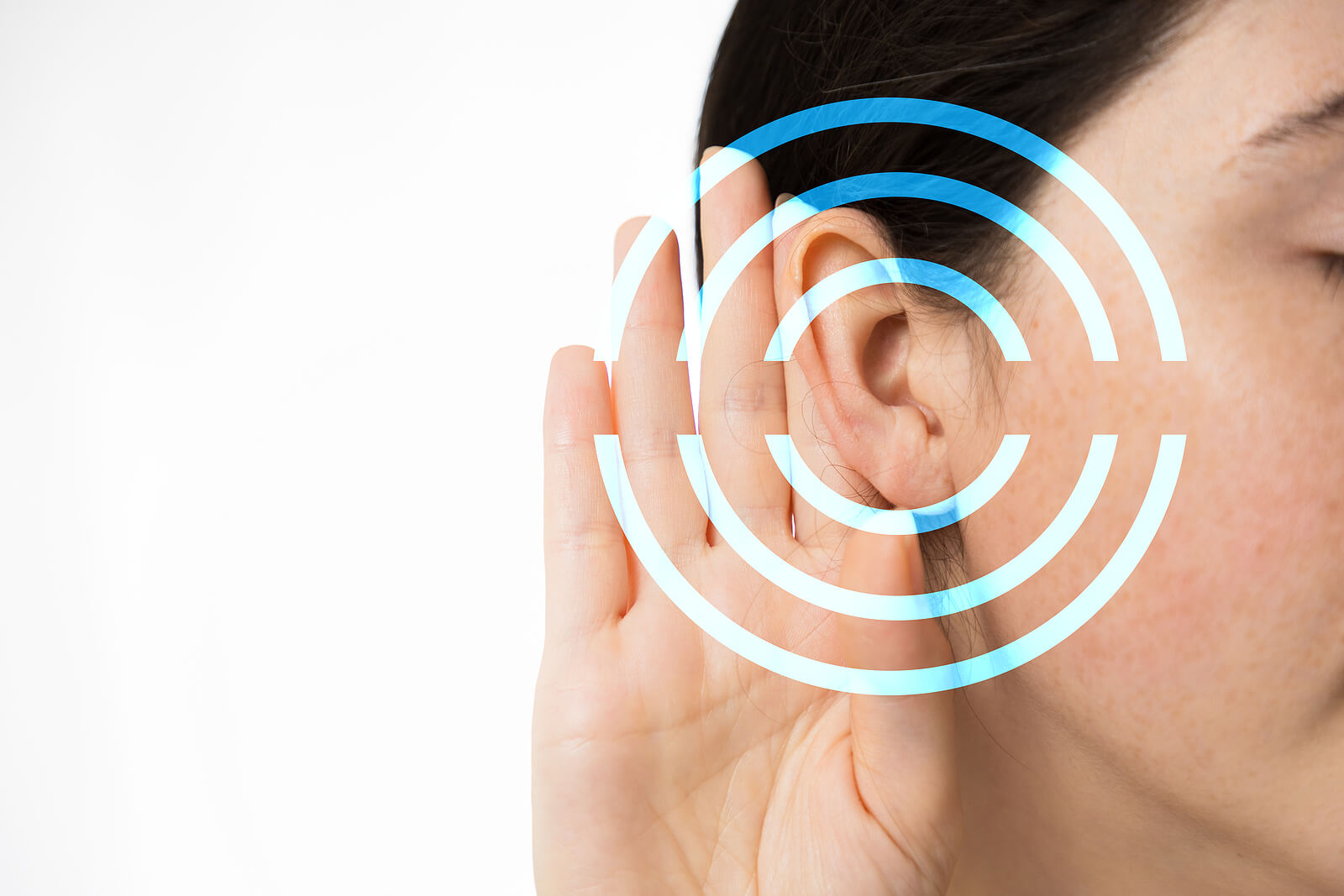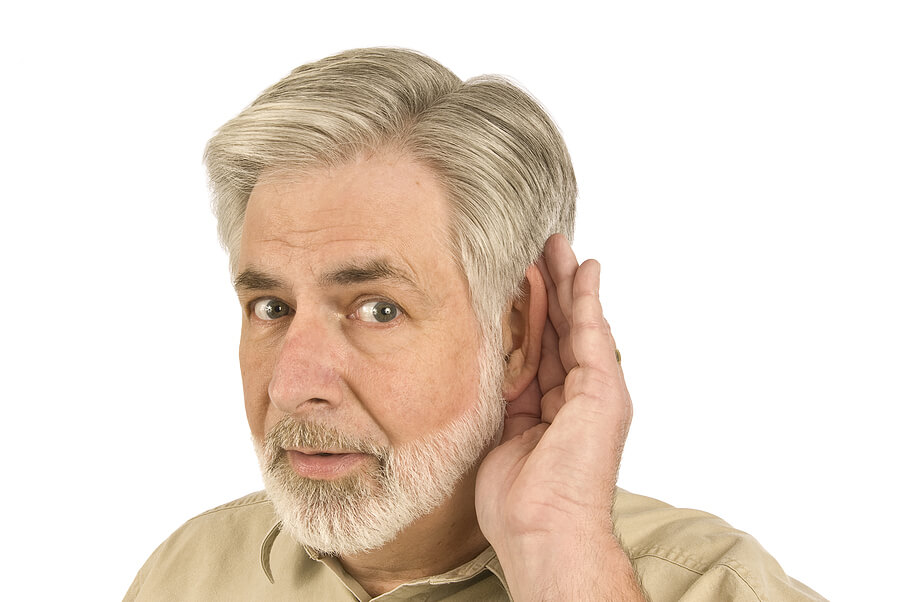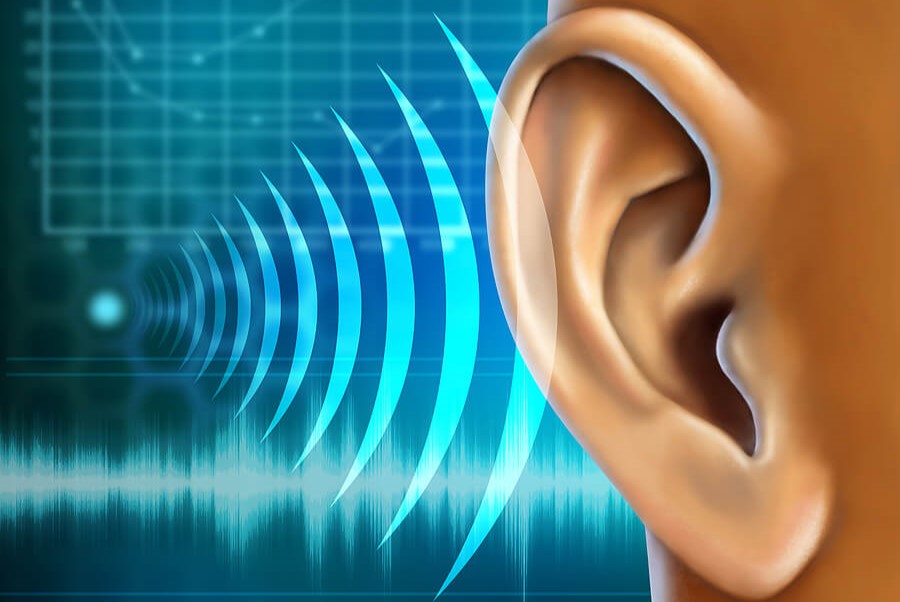
What is Hearing Loss?
Hearing loss is a gradual or sudden decrease in the ability to perceive sounds. Hearing loss can range from mild to profound. It can impact one or both ears and may result from various factors, including aging, injury, or exposure to loud noises.
Hearing loss often progresses over time, so it’s important to watch for the signs of hearing loss and seek treatment if you notice any changes in your hearing health.
Signs of Hearing Loss

Types of Hearing Loss

Sensorineural Hearing Loss

Conductive Hearing Loss

Mixed Hearing Loss

Causes of Hearing Loss
Hearing loss can be caused by a number of factors:
- Aging: Age-related hearing loss (presbycusis) is a common part of the natural aging process.
- Noise Exposure: Prolonged exposure to loud noises can damage the delicate structures of the inner ear, leading to hearing loss.
- Genetics: Genetic factors can contribute to hearing loss, with some individuals being predisposed to hearing loss.
- Medical Conditions: Certain medical conditions, such as diabetes and cardiovascular diseases, can impact hearing health.
- Medications: Ototoxic medications can damage the cells in the ears and lead to hearing loss.

The Effects of Untreated Hearing Loss
Untreated hearing loss may have hidden risks, including:
- Cognitive Decline and Dementia: Research suggests a link between untreated hearing loss and an increased risk of cognitive decline and dementia. Addressing hearing loss can contribute to maintaining cognitive function.
- Risk of Falls: Hearing plays a vital role in spatial awareness. Untreated hearing loss increases the risk of falls, especially in older adults. Treating hearing loss can enhance spatial perception and reduce the risk of falls.
- Tinnitus: Untreated hearing loss may contribute to the development or exacerbation of tinnitus, a ringing or buzzing sensation in the ears. Treating hearing loss can help you manage tinnitus symptoms.

The Benefits of Treating Hearing Loss
Addressing hearing loss isn’t just about hearing clearly. Treating hearing loss can improve your physical, mental, and cognitive health. From enhanced communication and social engagement to improved cognitive function, treating hearing loss can impact your overall health and well-being.
At Snyder Hearing Center, we prioritize comprehensive hearing assessments, personalized treatment plans, and ongoing support. We help you hear clearly and experience a range of associated benefits. Schedule a consultation and take the first step in rediscovering the joy of clear, vibrant hearing.

